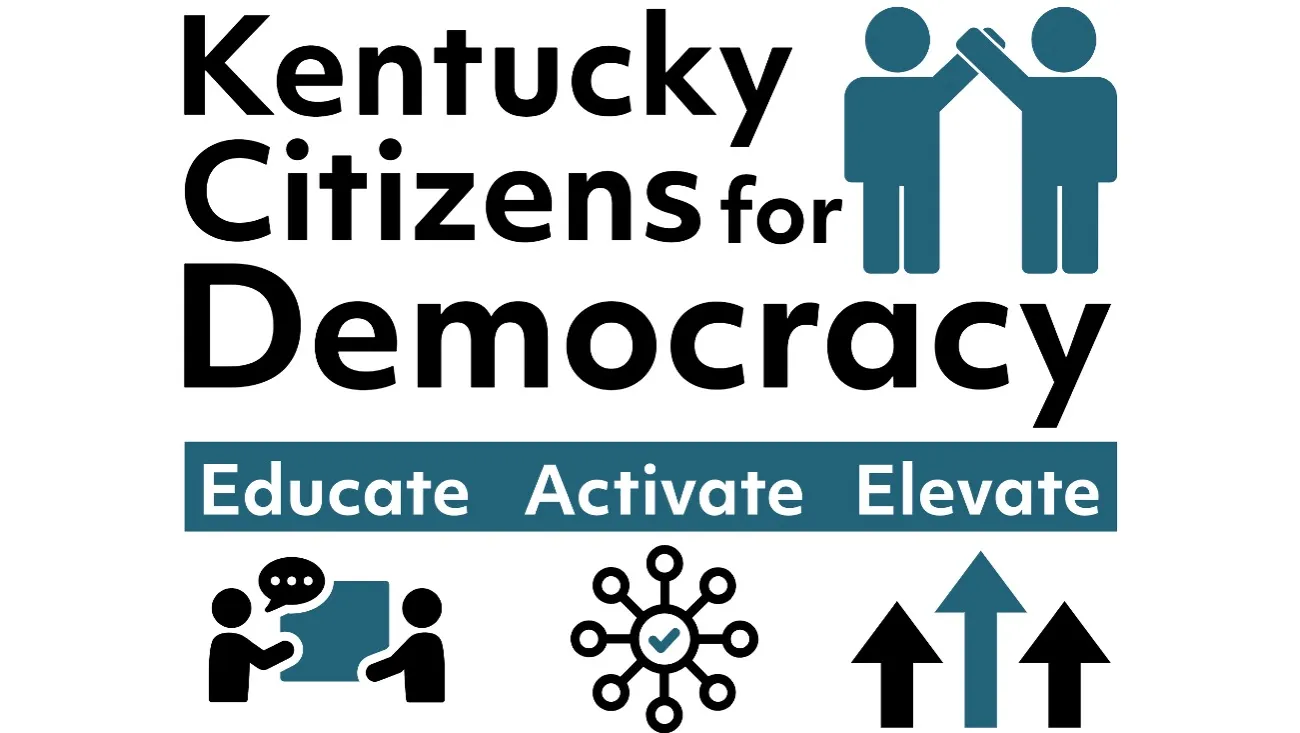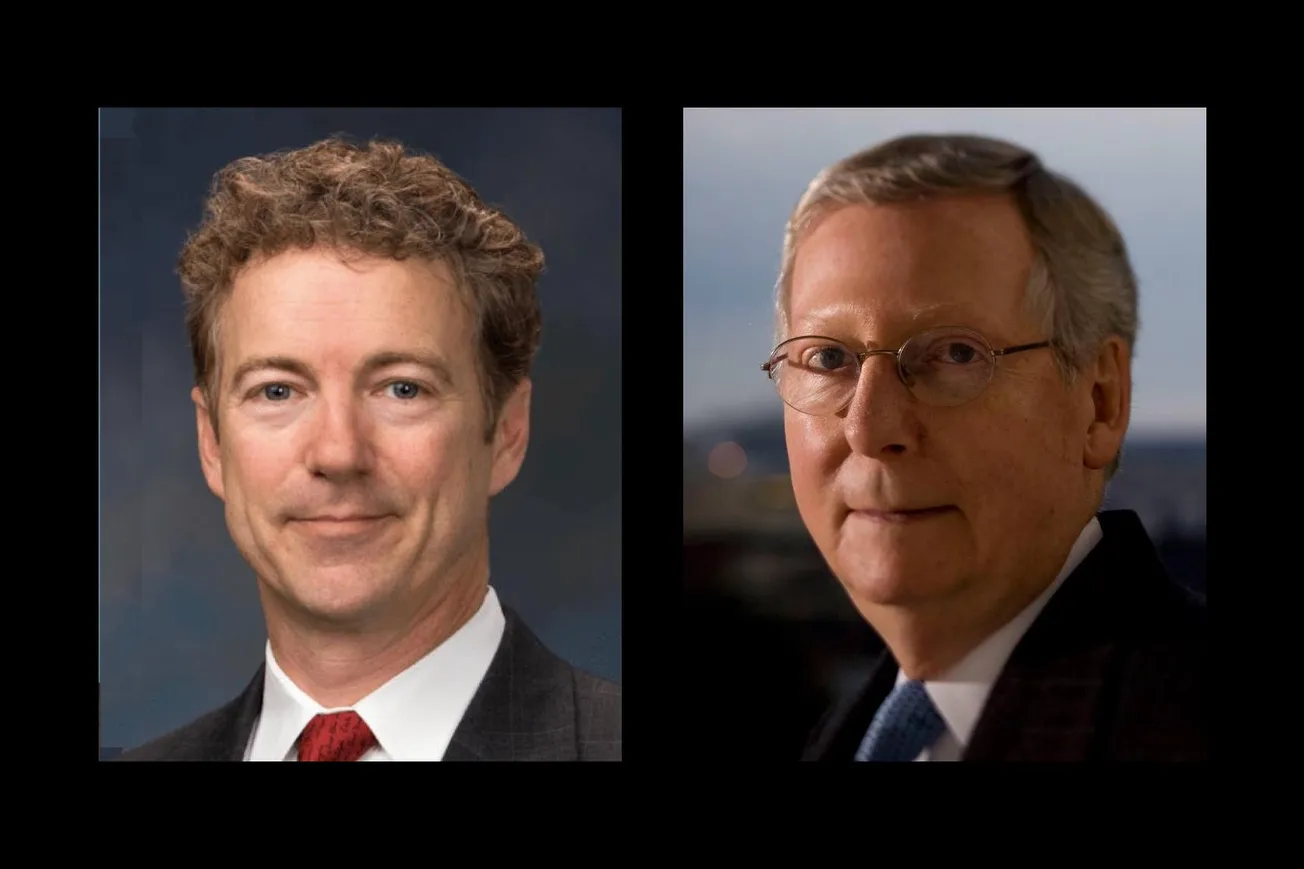Hannah Arendt, along with Jean Bethke Elshtain, has argued the need for role models to sustain us in “dark times.” They are correct. And in America today, we seem to be in dark times.
At least, I have felt so since the 2024 election. The burden I feel is the discomfiting knowledge that the political face of my country has changed. People I neither admire nor respect will be in positions of enormous power this January.
I ticked them off: President Donald J. Trump; Kash Patel, F.B.I., Robert F. Kennedy, Jr., Health; Linda McMahon, Education; Pete Hegseth, Defense; and the list goes on. One bit of good news—Matt Gaetz withdrew as nominee for Attorney General. But the fact that President Trump would even nominate such a sleazy character is depressing. These are people who not only hold political views contrary to mine, but have also proven themselves to be mean-spirited and without scruples. I am depressed!
In the midst of all this, President Jimmy Carter died. I remembered some important things about him and about another great American, Eleanor Roosevelt. They had a number of things in common. Though I never met her, my wife Donna and I had the privilege of having lunch with and interviewing President Carter and Rosalyn at the Carter Center in Atlanta in the late 1980s. Both Jimmy Carter and Eleanor Roosevelt knew the difference between hope and optimism, and both admired theologian Reinhold Niebuhr.
This morning, I picked up an old book, slender but filled with wisdom. It is Eleanor Roosevelt’s 1963 volume called Tomorrow Is Now. If you have never read it, I recommend it without reservation.
Roosevelt closed her book with a quotation from Niebuhr: “Nothing that is worth doing can be achieved in a lifetime; therefore, we must be saved by hope. Nothing which is true or beautiful or good makes complete sense in any immediate context of history; therefore, we must be saved by faith. Nothing we do, no matter how virtuous, can be accomplished alone. Therefore, we are saved by love.”
The key word is hope. This should be understood as a character trait in one’s relation to the world. It is a state of mind that asserts the goodness of life within limits. It can see and appreciate the beauty of creation in the face of all unhappiness and injustice. And, yes, even in the face of seeing bad people holding the reins of power.
The Trump team is bent on finishing what the Republican Party began during the Reagan years: the repeal of Franklin Roosevelt’s New Deal. Their advocacy of unregulated business/financial enterprise, cloaked in the guise of making America great again, will quickly degenerate into pure acquisitiveness and self-seeking. They are, in the words of Machiavelli, “masters of guile.”
As political theorist Kevin Phillips wrote some years ago, the role of the Republican Party “has been not to simply revitalize U.S.A. capitalism but to tilt power, policy, wealth, and income toward the richest portions of the population.” Now, with people like Trump, Elon Musk, Jeff Bezos, and the like in power, look for that tilt to happen rapidly. These folks are almost gleeful with their planned tax cuts for the rich and service cuts for the poor and middle class.
The kind of hope called for in these dark days is similar to the hope of emancipation among slaves in the antebellum South. Hope demands a belief in justice, not necessarily a belief in progress. The kind of hope I call for may appear absurd to those without it, but it is the Biblical hope which drove Martin Luther King, JR, to quote Isaiah and claim that “the crooked places will be made straight.”
We who live in hope recognize that humanity thrives on peace and prosperity, but we also know that it needs to be challenged, or as Christopher Lasch put it, humanity needs “an occasional taste of battle.” We have that opportunity now. We know that choices in life carry serious consequences, for life is a critical affair. We who have our priorities straight must choose today whom we will serve.
As I have suggested, we can take a cue from the southern civil rights movement of the late 1950s and early 1960s. The people in that movement had little reason to believe in progress, but they had limitless quantities of hope. They consciously chose not to practice a politics of resentment or revenge, for that would lower them to the same level of their oppressors.
Unfortunately, the people now coming into power operate from the prideful position that they can do whatever they want. And they attack those who differ with them as evil, people to be destroyed. Their action and rhetoric know no limits. They want more, more, more – because they think more is better. They never have enough. The truth is, persons like Trump, Musk, and the rest of that gang speak an impoverished language: the language of fear!
Why do these people love the rich and fear the poor? I do not know. But what I do know is that in the tradition of Eleanor Roosevelt and Jimmy Carter we need to speak truth to power. We must not stop our quest for a better country, a better world, and as Roosevelt wrote near the end of her book, “we must learn to cast out crippling fear.”
Cast out your fear. Join the resistance. For tomorrow is now!
--30--
Written by Dr. Charles Bussey, a retired history professor and the winner of two Fulbright Scholarships. He taught for 40 years at Western Kentucky University.







